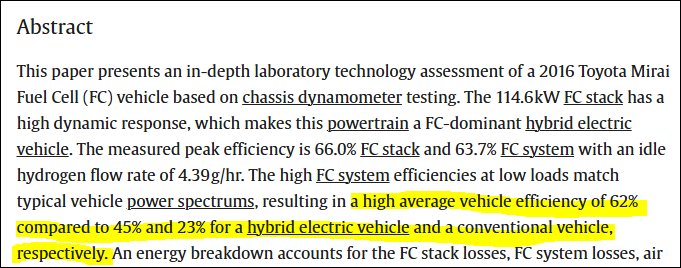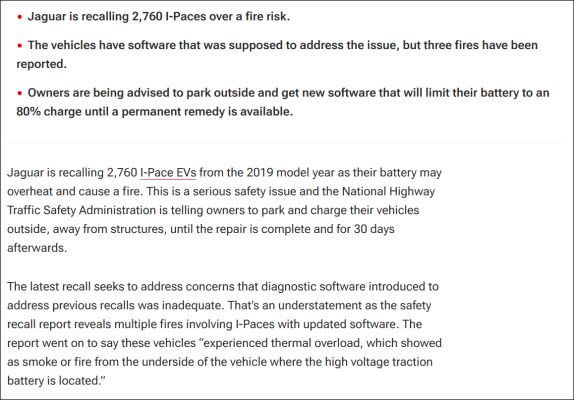- Joined
- Jun 24, 2008
- Messages
- 51,739
- Location
- London
- Car
- 2025 Hyundai IONIQ 5 N-Line S RWD / 2016 Suzuki Vitara 1.6L Petrol AWD
Seriously? You are likening the much cheaper to build than EV ICE to a Rolex?
ICE still has an advantage over EV that is absolutely objective not subjective. Ease of refuelling. There are places in the world that will always have use ICE for that reason. A clear and incontrovertible advantage.
Another advantage is light weight. For say a sports car (or anything that needs to carry a decent payload) the EV cannot and will not be a contender. ICE doesn't require the rebuilding of infrastructure merely to cope with the weight of EVs. That's a CO2 advantage to ICE.
Admittedly these aren't issues that are the most pressing for cars, but to claim absolute superiority for EV over ICE is disingenuous.
Yes, seriously - but my post was specifically about ICE engine vs EV motor.
And an electric motor - even with the magnet - is lighter than a comparable ICE engine.
Battery, refuelling, etc - all true.




